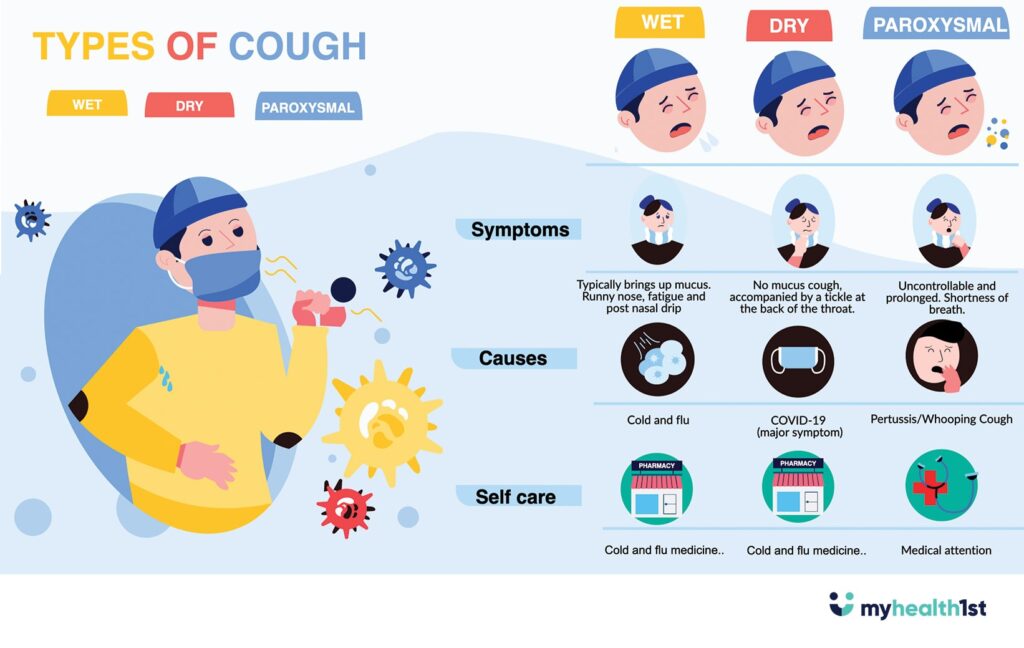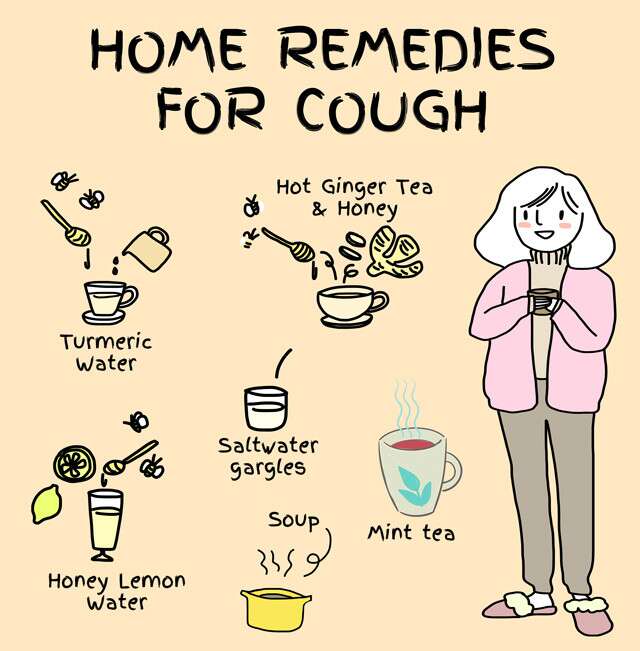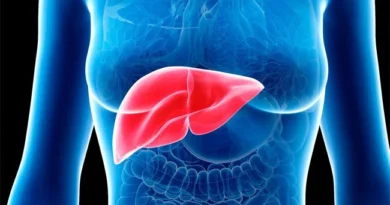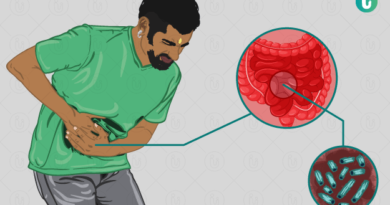Cough – Symptoms, Causes and Treatment
The air passage of the lungs are lined with cells secreting mucus, which normally traps particles of dust. When the membranes are infected and inflammed, the secretion of mucus increases and the lining of air passage is irritated. Coughing is the action by which excess mucus is driven out. In the process a dry hacking sound is produced. It is a very common condition affecting persons of all ages.
Coughing is a vital body defence mechanism. It ejects every thing from germs to foreign bodies from the lungs and windpipe. When a person is unable to cough which may happen, for instance, followed surgery or a chest injury, pneumonia can become serious threat.

Symptoms
First a person who is going to cough draws a deep breath in. He then close his glottis and contracts his muscles. This builds up pressure in the chest. Then, he suddenly opens his glottis so that there is an explosive discharge of air which sweeps through the air passage and carries with it the excess secretions or, in some cases, foreign matter which has irritated the larynx, trachea or bronchi.
Causes
Cough may be caused by inflammation of the larynx or the pharynx. It may also be caused by digestive distubance. A cough can develop in the chest due to weather condition or seasonal changes. The real cause of this disorder, however, is clogging of the bronchial tube with waste matter. This has been brought about by wrong feeding habits. The reason for higher incidence of cough during winter than in other seasons is that an average person usually eats more of the catarrh-forming foods such as white bread, meat, sugar, porridge, puddings, and pies in the colder months of the year. Over clothing with heavy-under-garments during this period also prevents proper aeration of the skin.

Treatment
In case of severe cough, the patient should fast on orange juice and water till the severity is reduced. The procedure is to take the juice of an orange diluted in warm water every two hours from 8 a.m. to 8 p.m. After the juice fast, the patient should adopt an all-fruit diet for two or three days. In case of mild cough, the patient can begin with an all-fruit diet for five to seven days, taking three meals a day of fresh fruit juice such as apples, pears, grapes, grape-fruit, oranges, pineapple, peaches and melon. For drinks, unsweetened lemon water or cold or hot plain water may be taken. After the all-fruit diet, the patient should follow a well-balanced diet, with emphasis on whole grain cereals, raw or lightly-cooked vegetables and fresh fruits.
The patient should avoid meats, sugar, tea, coffee, condiments, pickles, refined and processed foods. He or she should also avoid soft drinks, candies, ice-cream and all products made from sugar and white flour.
Home Remedies
Several home remedies have been found beneficial in the treatment of cough. One of the most effective of these is the use of grapes. They tone up the lungs and act as an expectorant. Simple cold and cough are relieved through its use in a couple of days. A combination of honey with grape juice is a specific for cough.

Almonds
Almonds (badam) are useful in dry coughs. They should be soaked in water for about an hour or so and the brown skin removed. They should then be ground well to form a fine paste and 20 grams each of butter and sugar added to it. This paste should be given in the morning and evening.
Onion
Onion (Piyaz) is valuable in cough. This vegetable should be chopped fine and juice extracted from it. This juice mixed with honey and kept for four or five hours will make an excellent cough syrup. It is also useful in removing phlegm. A medium size onion should be crushed, the juice of one lemon should be added to it, and then one cup of boiling water should be poured on it. Some honey should be added for taste and it should be taken two or three times a day.
Turmeric
The root of turmeric (haldi) plant is useful in dry cough. The root should be roasted and powdered. This powder should be taken in three gram doses twice daily in the morning and evening.
Other Remedies
The herb belleric myroblan (bahera) is a household remedy for cough. A mixture of the pulp of the fruit, long pepper and honey should be administered for the treatment of this condition. The dried fruit covered with wheat flour and roasted, as another popular remedy for cough condition.
A sauce prepared from raisins is also useful in cough. This sauce is prepared by grinding 100 grams of raisins with water. About 100 grams of sugar should be mixed with it and the mixture should be heated and preserved when the bulk has turned saucy. This sauce should be taken in 20 grams dose at bed time daily.
Aniseed (vilaiti saunf) is another effective remedy for hard dry cough with difficult expectoration. It breaks up mucus. A tea made from spice should be taken regularly for treating this condition.




